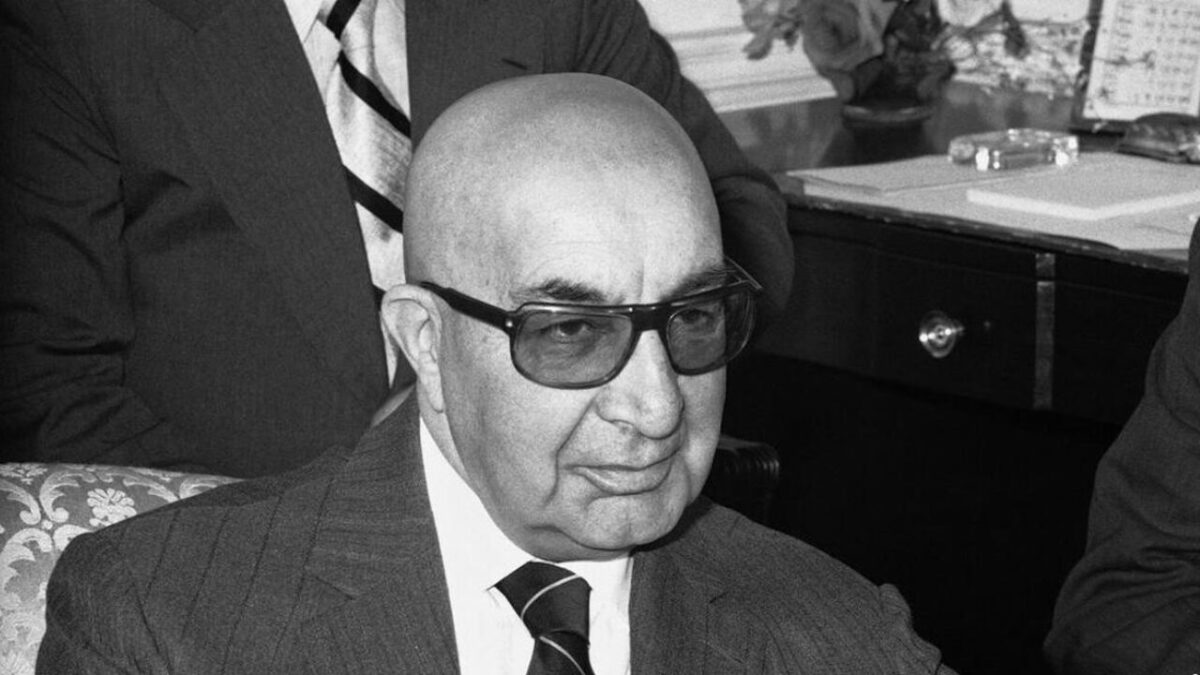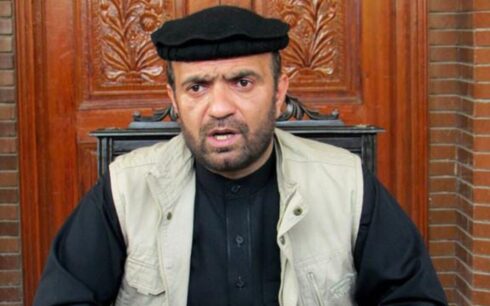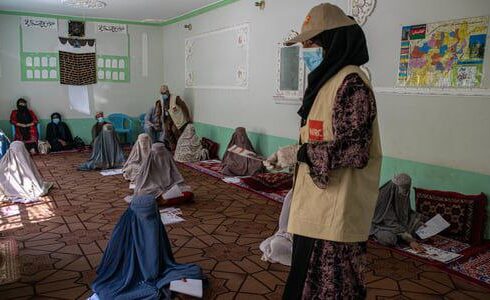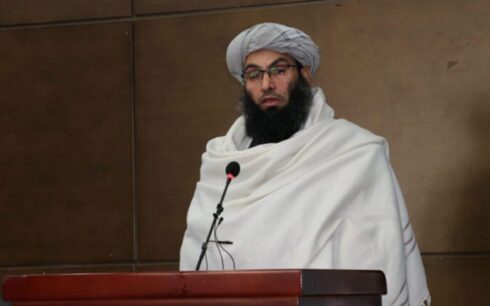Kabul, Afghanistan — Today marks the 51st anniversary of the “White Coup” orchestrated by Mohammad Daoud Khan against the monarchy in Afghanistan.
On July 17, 1973, Mohammad Daoud, the cousin of then-King Mohammad Zahir Shah, seized power in Kabul through a “bloodless coup” with the support of the military, establishing Afghanistan’s first republic. The coup took place while Zahir Shah was in Italy receiving treatment for an eye condition. Following the coup, Zahir Shah sent his abdication letter from Italy to Kabul.
Initially, Daoud Khan collaborated with leftist parties, including the People’s Democratic Party of Afghanistan, aiming to lift the country out of poverty and backwardness. However, his policies, which led to closer ties with Saudi Arabia and Iran, angered Moscow.
In response, Daoud Khan imprisoned several leftist leaders, including Noor Mohammad Taraki and Babrak Karmal, in April 1978. This action provoked the People’s Democratic Party of Afghanistan to carry out the Saur Revolution, which ultimately toppled Daoud Khan’s government.
During his five-year rule, Daoud Khan implemented numerous progressive policies in Afghanistan, including modernization plans, the establishment of the women’s movement, economic programs, and the construction of major factories.
On the morning of April 27, 1978, Daoud Khan and 18 members of his family were killed by the coup plotters.
This anniversary serves as a reflection on Daoud Khan’s ambitious efforts to transform Afghanistan and the turbulent history that followed his brief but impactful tenure.





